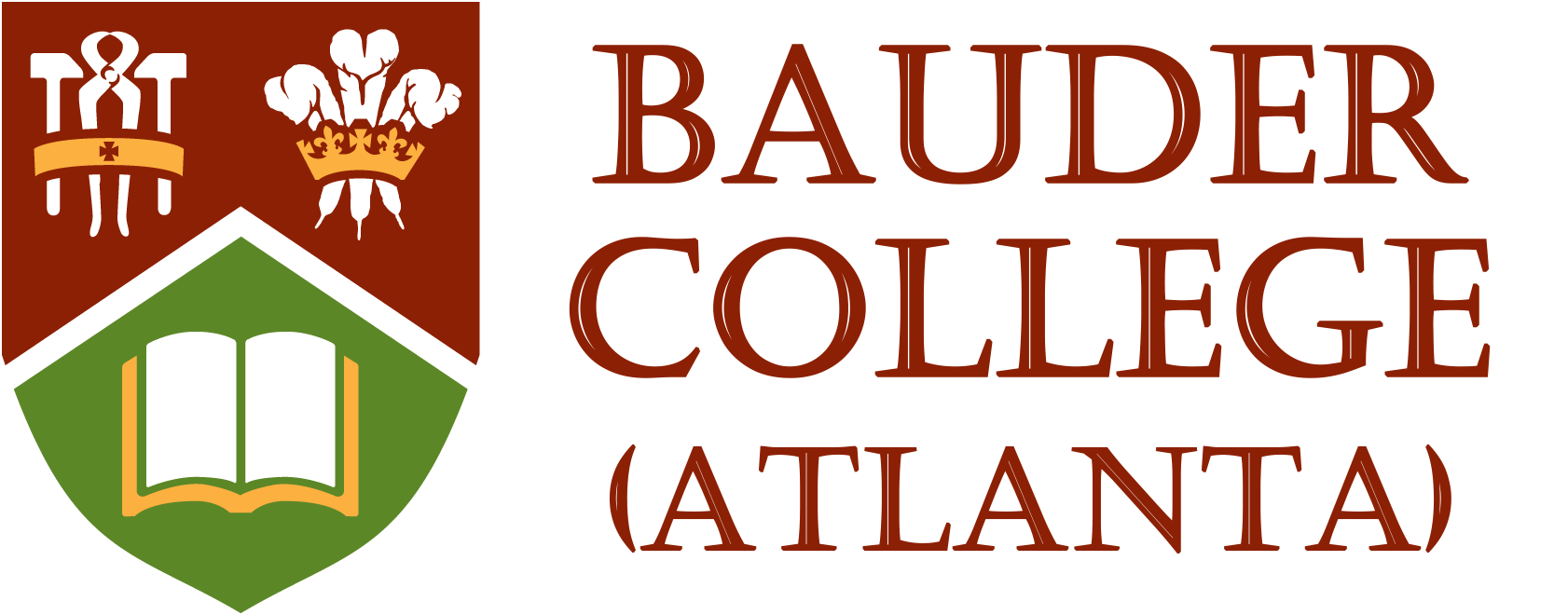Please note: The application process for this program has been suspended.
Working with children, youth and families is challenging. At the same time, may be some of the most fulfilling experiences of your career. Think you are up to the challenge? Then a degree in Family Science could be right for you.
Do you have career aspirations that require a science background? The Family Science program is an excellent combination of traditional science courses along with courses that focus on the science of people. Students in Family Science take courses in a wide range of scientific disciplines - biology, chemistry, math and nutrition. But this is a science degree about people so you would also take courses in family dynamics, human development, family resource management, chid and family education, human sexuality, and parent-child interactions.
Family Science focuses on the health and well-being of individuals and families by promoting the social and physical environments that support the home and community, appropriate access to resources, and healthy family relationships. Students interested in international learning experiences should contact their faculty advisor and check out possible international exchange opportunties well ahead of time.
"I have nothing but good things to say about the Family Science program: one-on-one discussions with the professors, non-crowded classes and new friendships is what I promise you will experience during your time here.
In this program, I have learned endless knowledge about working with families and I have had the chance to complete a field placement with children in an elementary school where in a few years I would like to be working as a French teacher. There are endless possibilities after you graduate with a Family Science degree. You can become a family life educator, a social worker, a teacher, an early childhood educator, or work in a family resource centre.
I would advise anyone who is planning to work with children, families and/or adults to look into this program as your undergraduate degree. The program is well done and everyone in the Department of Applied Human Sciences is rooting for you to do well in all your classes." - Natalie Gallant, Family Science student
Students following this degree program must complete 42 semester hours of required courses in Family Science and 9 additional semester hours of credit in Foods and Nutrition.
Required Courses
Family Science:
1140 Families in Contemporary Society
2210 Family Resource Management
2410 Human Development
2420 Dynamics of Family Living
2610 Communications
3310 Introduction to Research Methods
3810 Professional Practice with Children and Families
3820 Program Planning and Evaluation
4110 Field Placement I
4120 Field Placement II
Four Family Science electives at the 2nd, 3rd or 4th year level
Foods and Nutrition:
Foods and Nutrition 1110 Introductory Foods
Foods and Nutrition 2110 Introductory Nutrition I
Foods and Nutrition 2120 Introductory Nutrition II
Required Courses From Other Departments
Mathematics:
1110 Finite Mathematics
Statistics
1210 (formerly STAT 2210) Introductory Statistics
Chemistry:
1110 General Chemistry I
1120 General Chemistry II
Biology:
1220 Human Physiology
1310 Introduction to Cell and Molecular Biology
BCA courses and Writing Intensive Course:
One of:
BCA 1010 – Writing Studies – Engaging Writing, Rhetoric, and Communication,
BCA 1020 – Inquiry Studies – Engaging Ideas and Cultural Contexts, OR
BCA 1030 – University Studies - Engaging University Contexts and Experience
AND One writing intensive course
Social Sciences:
Two 3 semester hour courses from Psychology, Sociology or Anthropology
Students are advised to consult with the Department Chair or their Faculty Advisor prior to registration.
Course Sequence
Following is the usual sequence for completion of courses:
First Year
- Foods and Nutrition 1110 Introductory Foods
- Family Science 1140 Families in Contemporary Society
- Biology 1310 Introduction to Cell and Molecular Biology
- Chemistry 1110 General Chemistry I
- Chemistry 1120 General Chemistry II
- One of BCA 1010, 1020 or 1030
- Math 1110 Finite Mathematics
- Two Social Sciences
- One free elective
Second Year
- Foods and Nutrition 2110 Introductory Nutrition I
- Foods and Nutrition 2120 Introductory Nutrition II
- Family Science 2210 Family Resource Management
- Family Science 2410 Human Development
- Family Science 2420 Dynamics of Family Living
- Family Science 2610 Communications
- Statistics 1210 (formerly STAT 2210) Introductory Statistics
- Biology 1220 Human Physiology
- Two free electives
Third Year
- Family Science 3310 Introduction to Research Methods
- Family Science 3810 Professional Practice with Children and Families
- Family Science 3820 Program Planning and Evaluation
- Two Family Science electives
- Five free electives
Fourth Year
- Family Science 4110 Field Placement I
- Family Science 4120 Field Placement II
- Two Family Science electives
- Six free electives
Provisional Certification - National Council on Family Relations
The Department of Applied Human Sciences is approved by the National Council on Family Relations to offer the course work in order for graduates from the Family Science and Child and Family Studies programs to apply for provisional certification as a Certified Family Life Educator (CFLE). CFLEs work in a variety of health and social service positions. In particular, CLFEs are prepared to work with individuals and families in the areas of prevention and education. Students interested in becoming a CFLE need to ensure that they have completed all of the required course work for their major in addition to completing the following Family Science electives:
- Family Science 3830 Issues in Family Law and Social Policy
- Family Science 4710 Parent-Child Interaction
- Family Science 4910 Human Sexuality
Students in the Minor Program in Family Science must complete a total of 21 semester hours of Family Science. This consists of 9 semester hours of required core courses and 12 semester hours of Family Science electives.
Required:
- Family Science 1140 Families in Contemporary Society
- Family Science 2210 Family Resource Management
- Family Science 2420 Dynamics of Family Living
12 additional hours of electives at the 2000, 3000 or 4000 level excluding:
- Family Science 3310
- Family Science 3810
- Family Science 4110
- Family Science 4120
Students intending to complete a Minor in Family Science are advised to consult with the Chair of the Department of Applied Human Sciences to ensure that they have the required course prerequisites. A student majoring in Foods and Nutrition is eligible to pursue the Family Science Minor.


High School Graduates
American High School Equivalency Chart
- Grade 12 Academic English
- Grade 12 Academic Mathematics
- Two Grade 12 Academic Science subjects (acceptable subjects: Chemistry, Biology, Physics, Computer Science, Oceanography, Animal Science, Environmental Science)
- One additional Grade 12 Academic course
Please note: Successful completion of Grade 12 Chemistry (or equivalent) is required as a prerequisite for permission to register in CHEM-1110.
Please refer to the BCA Academic Calendar for complete admissions information.
BCA's undergraduate tuition is the second-lowest in the Atlantic region, and we offer millions of dollars in scholarships and awards.
Tuition
$6,390 per year, based on 30 credit hours ($639 per 3 credit course).
International students pay $7,470 per year in addition to full-time student tuition.
For a complete breakdown of part-time or full-time study as a student in the Faculty of Science, visit our Tuition and Fees page.
Scholarships and Awards
BCA supports you and your educational goals. We administer millions of dollars in scholarships and awards to our undergraduate and graduate students every year. Depending on your faculty or program, and year of study, you may be eligible for available awards.
Search the complete list of scholarships for information and application forms.
Celebrating Student Achievement
Including Guaranteed Entrance Scholarships and Academic Excellence Awards, these awards recognize the academic achievements of all students who meet the eligibility criteria while studying towards their first undergraduate degree.
Visit the Scholarships site for complete information.



